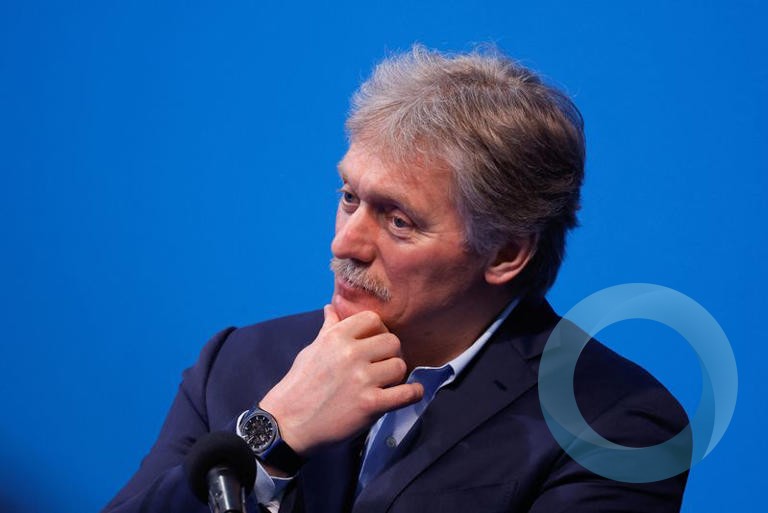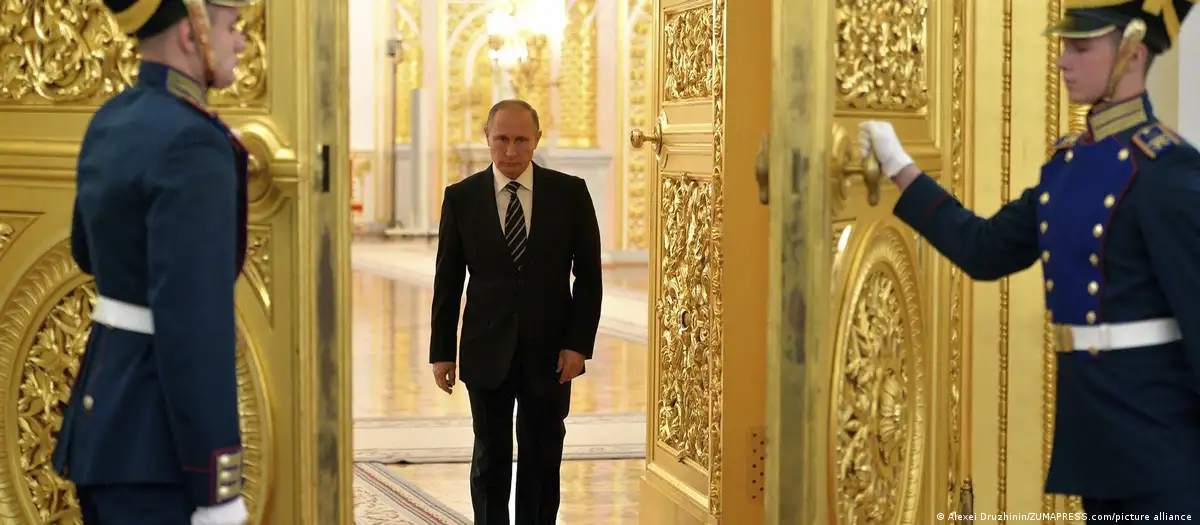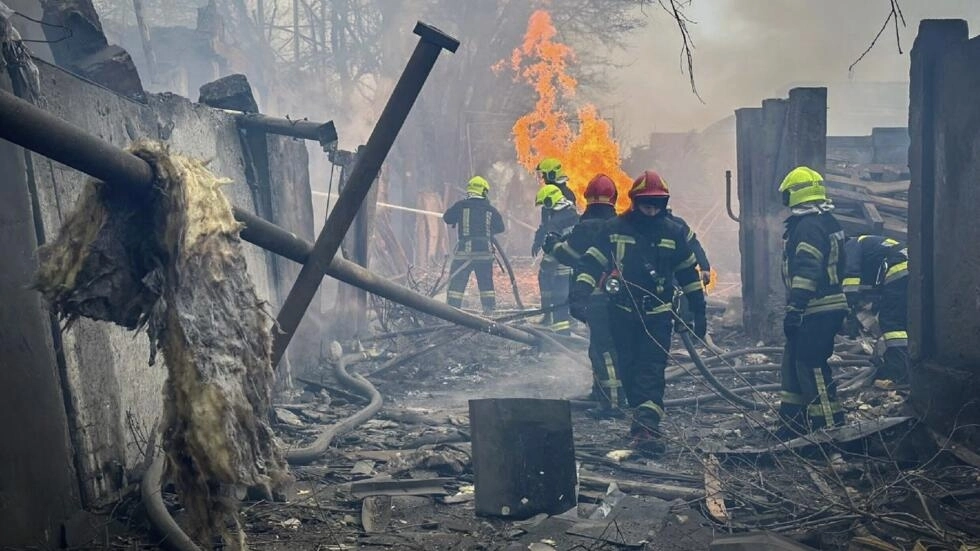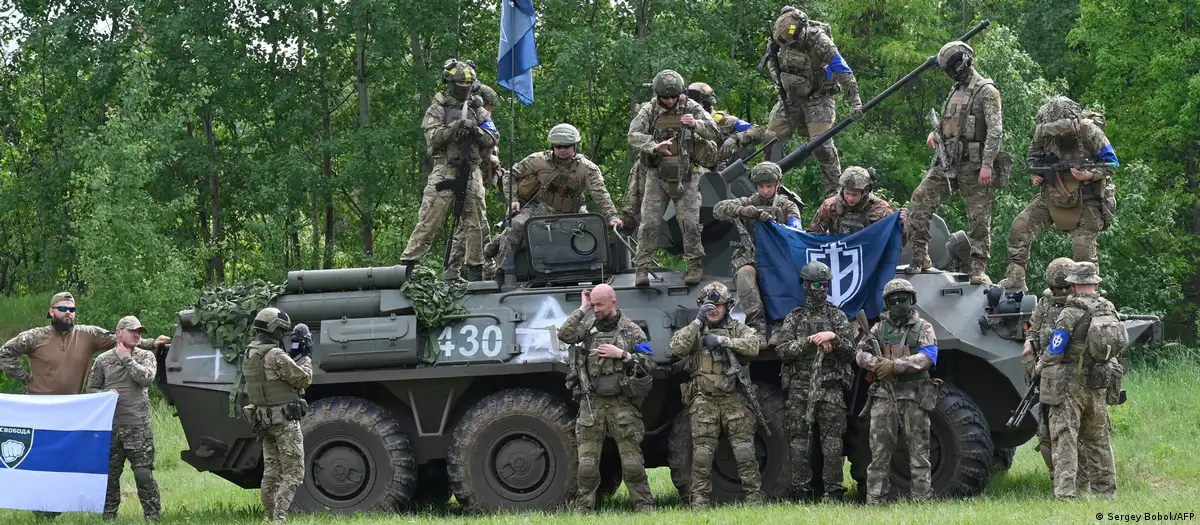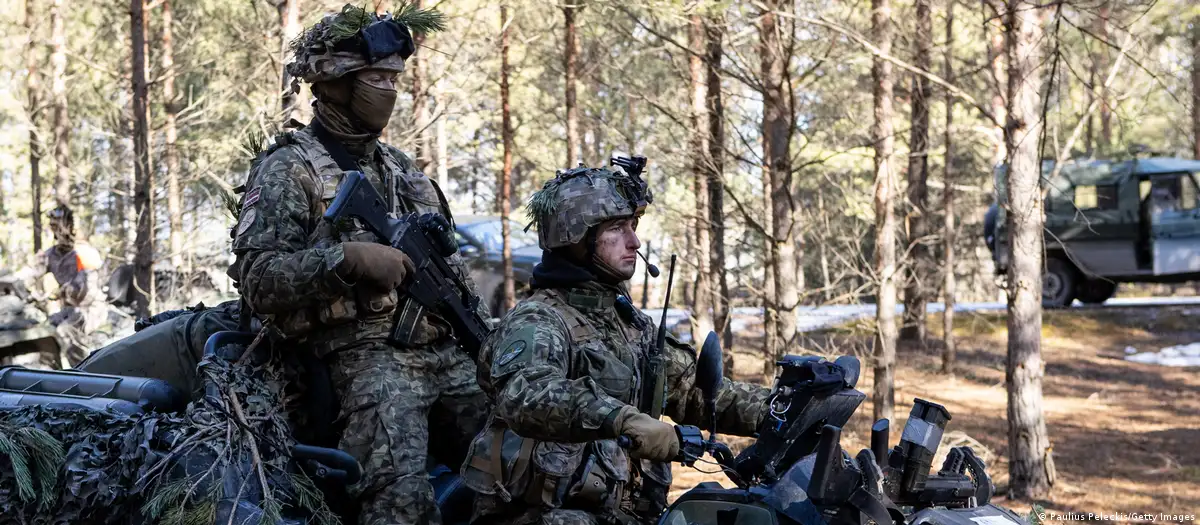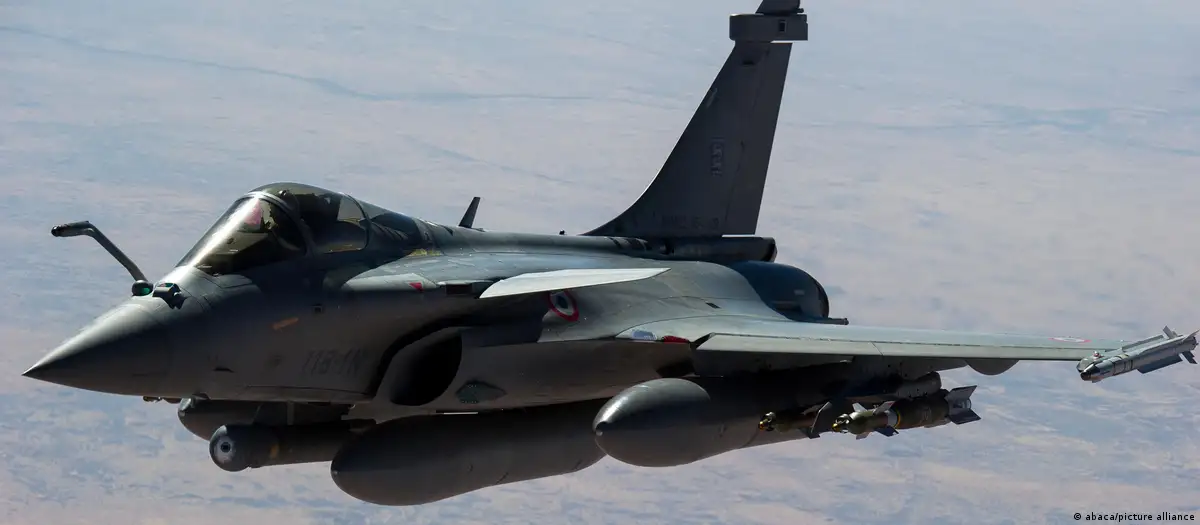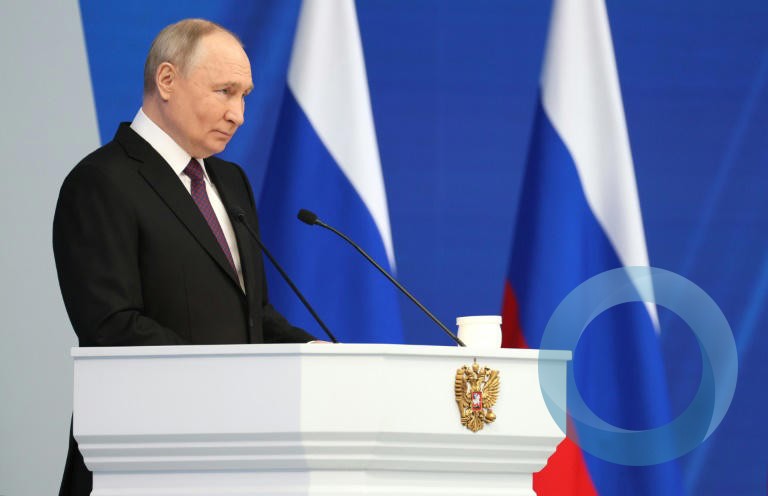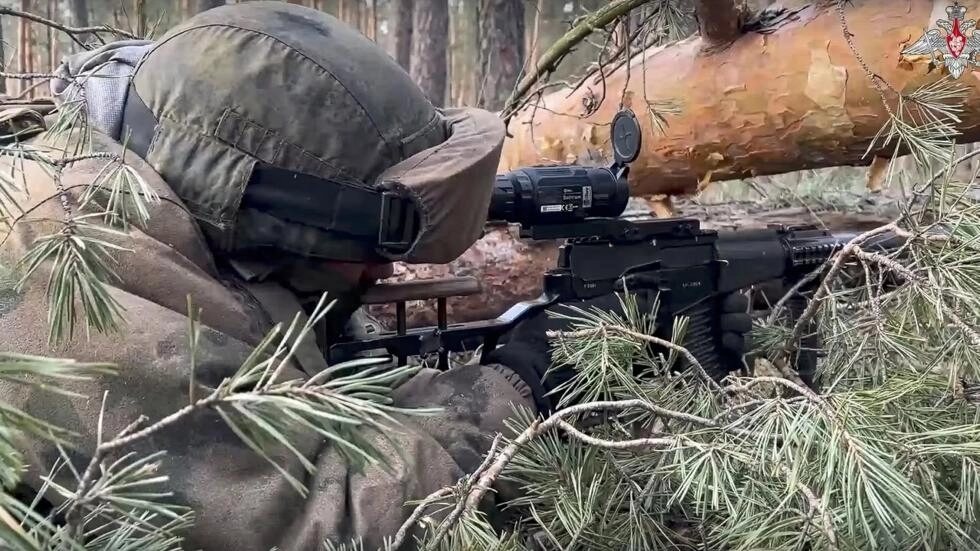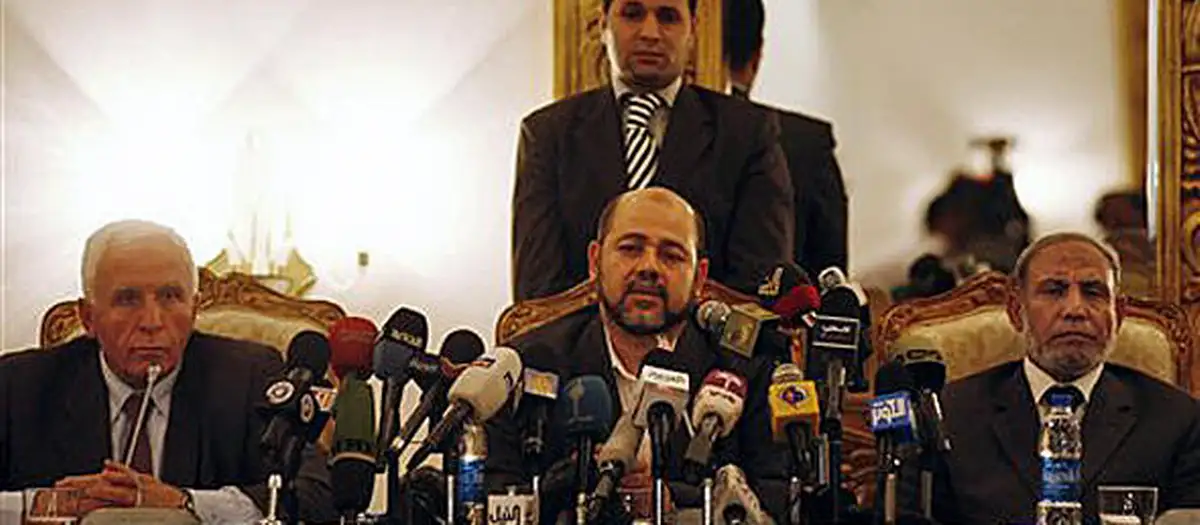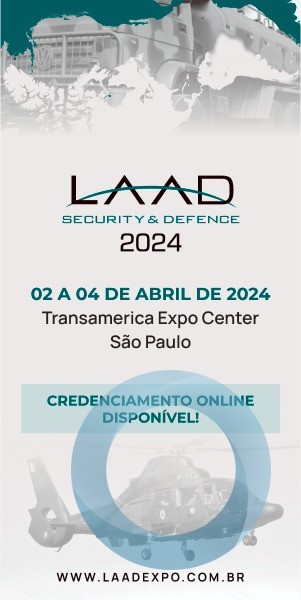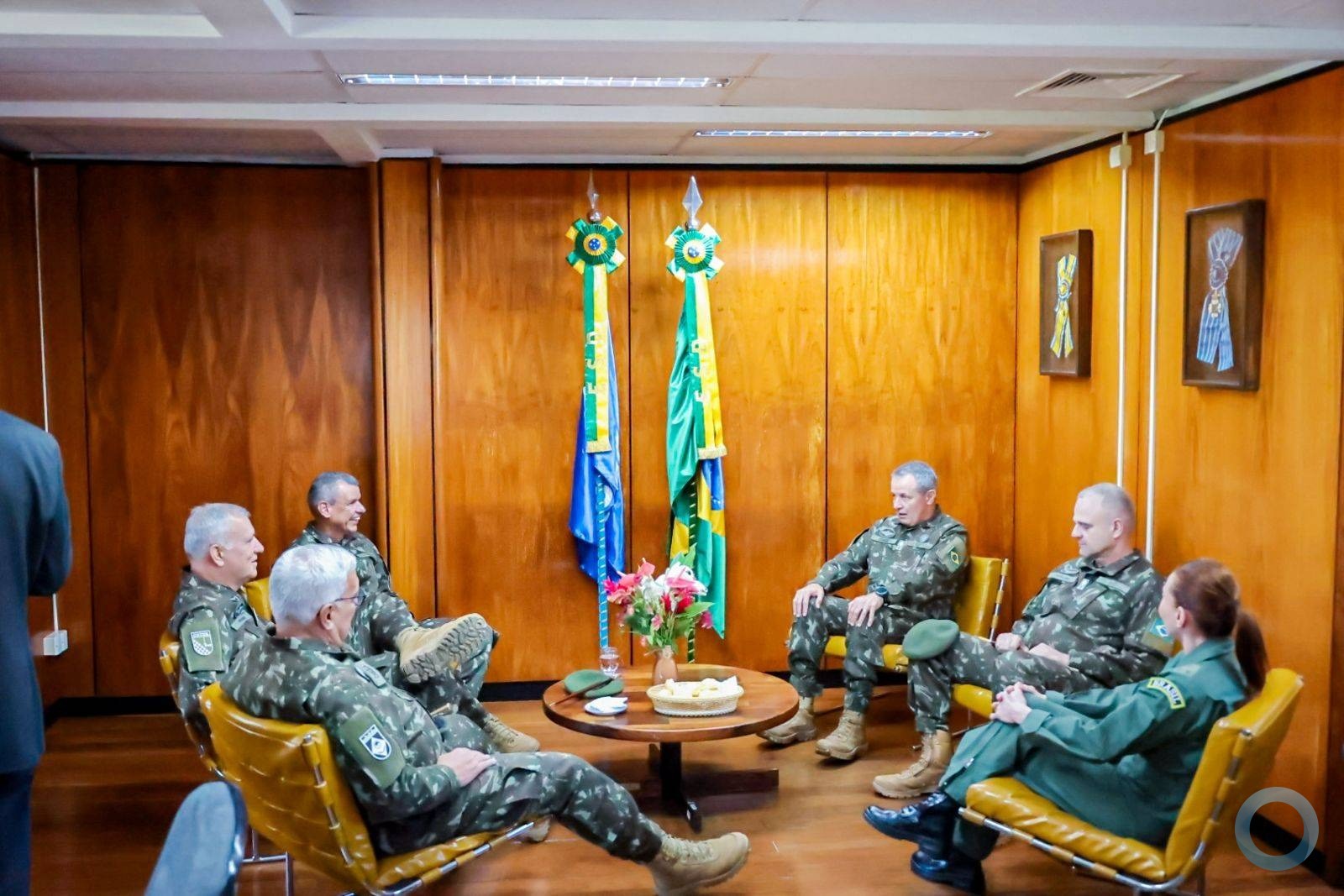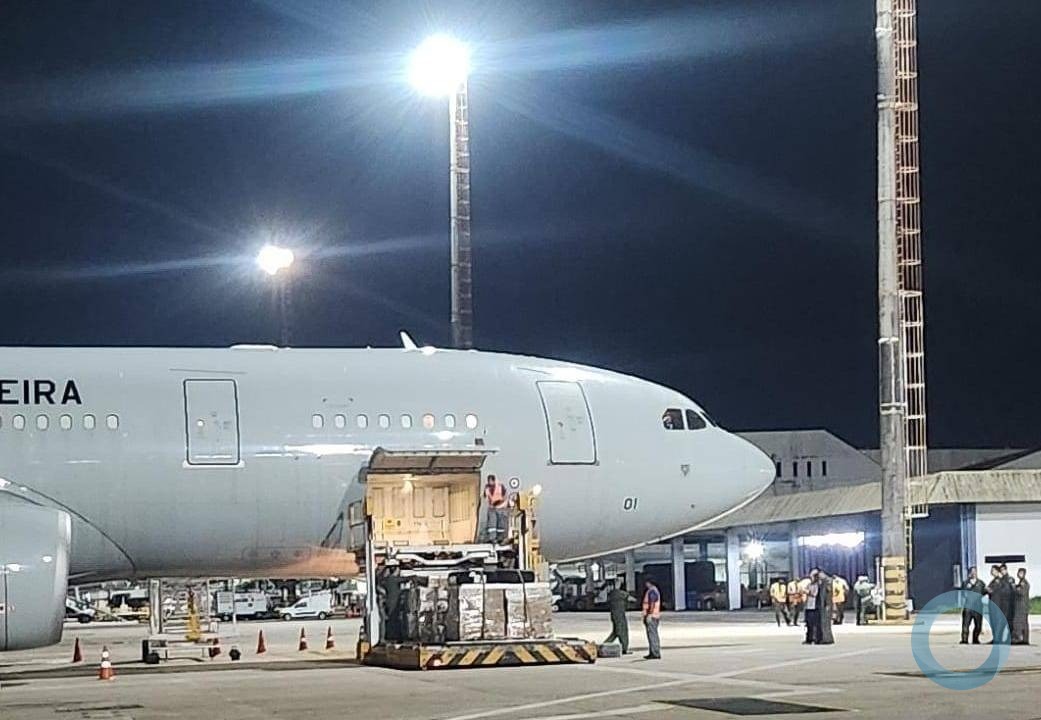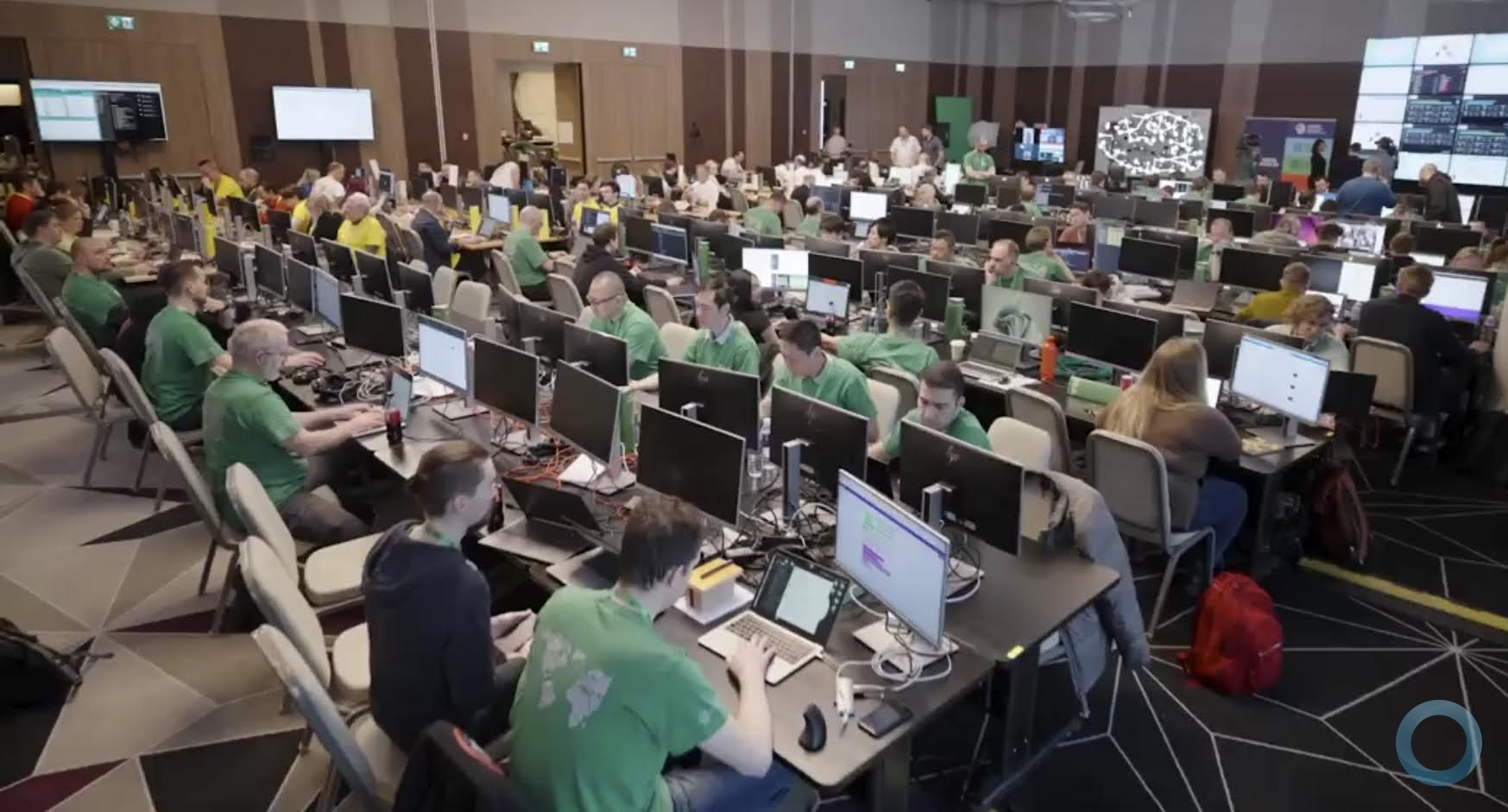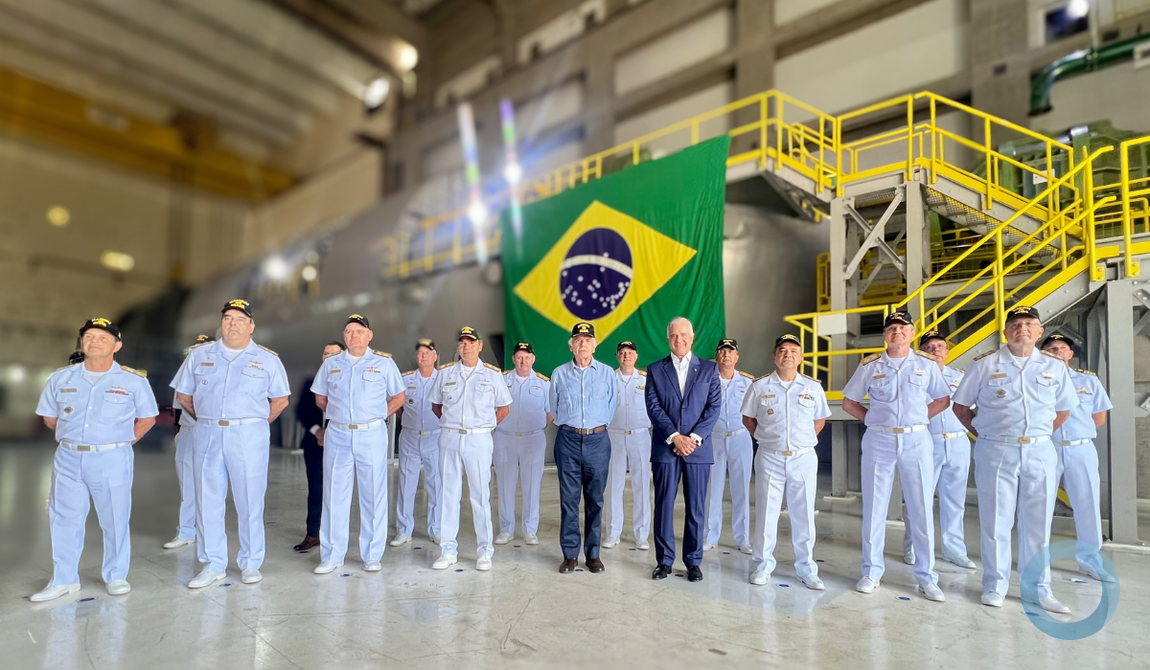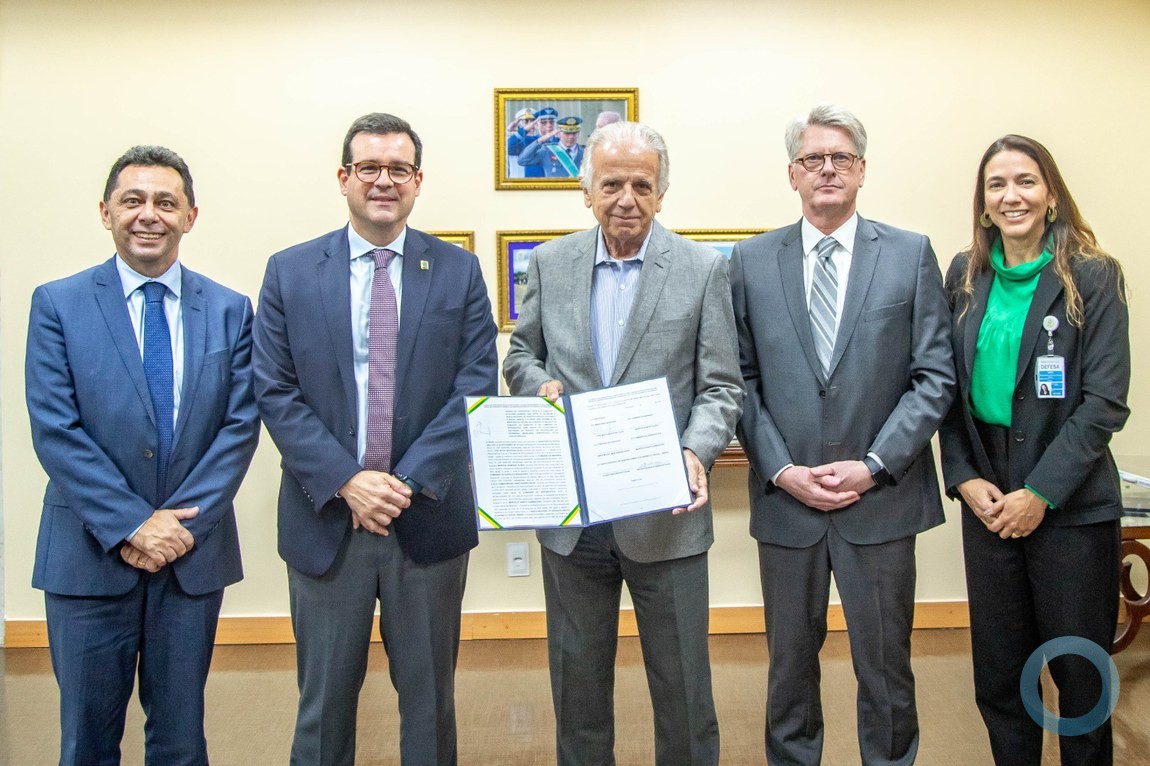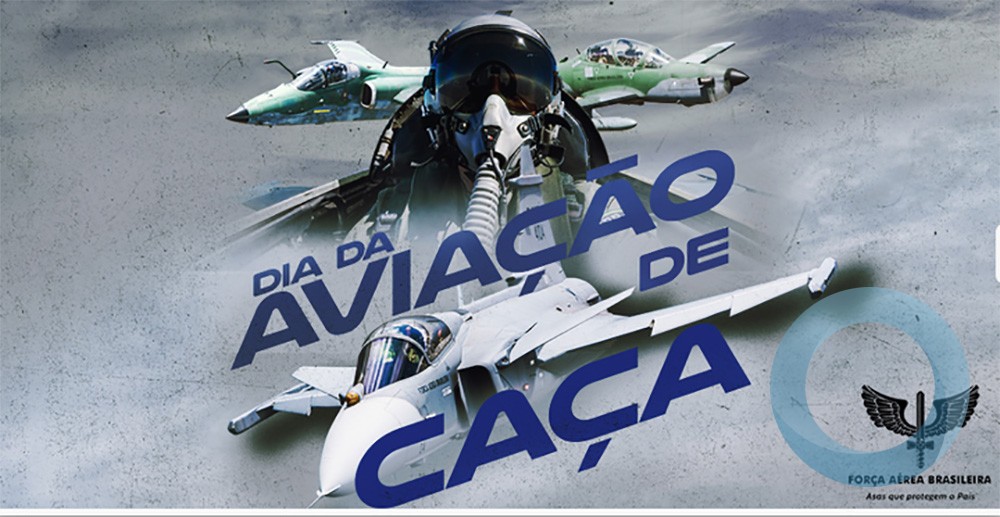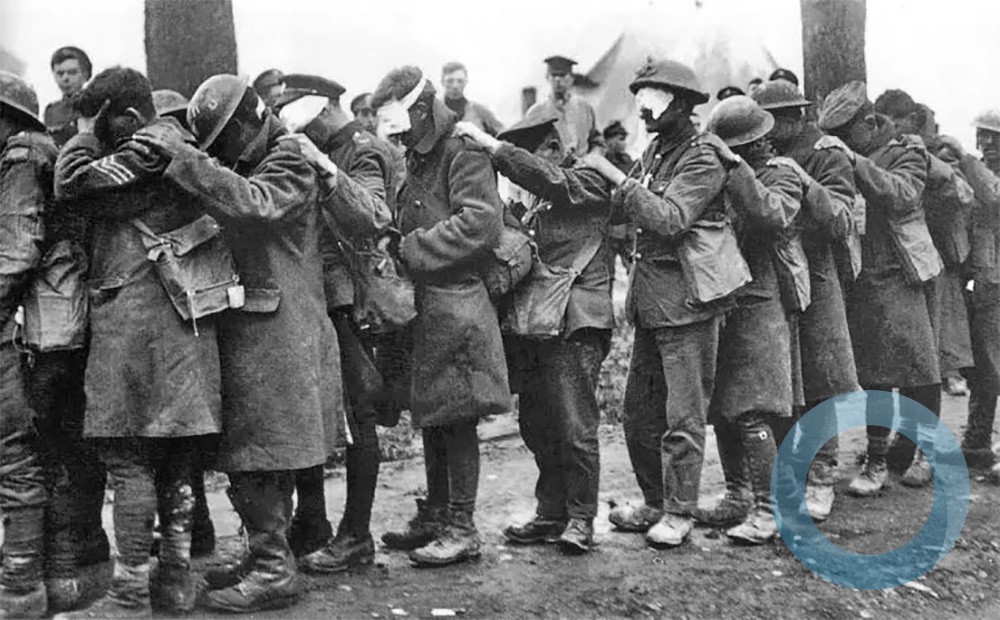Russian Foreign Minister Sergey Lavrov’s interview with Russia 24 Channel for Interview with Maria Bondareva programme, Moscow, October 14, 2019
Transcript by the Ministry of the
Foreign Affairs of Russian Federation
|
Sergey Viktorovich Lavrov (born 21 March 1950) is a Russian diplomat and politician. In office since 2004, he is the Foreign Minister of Russia. Previously, he was the Russian Representative to the UN, serving from 1994 to 2004. Completed 15 years as Foreign Minister and more at UN Russian Federation representative at UN. |
Question: We are living in a time of “fake news” and “information plants” and there are instances of wiretapping, hacking of mailboxes, etc. What should a 21st century diplomat be aware of? Do they teach this sort of thing at MGIMO?
Sergey Lavrov: I do not think a diplomat needs to be aware of the technical or technological methods of hacking, wiretapping or anything like that. A diplomat should be prepared to see the information space flooded by fake and false news. Amateurs, including hackers, and states are doing this as well. Our Government and relevant services have repeatedly provided statistics on the number of hacking attempts at the websites of our government agencies, including the security services, intelligence, the Foreign Ministry, the Central Bank and Sberbank. Clearly, we will have to live with that for a long time. The genie is out of the bottle. Technical progress has come that far. One can probably only hope that the next stage of the technological revolution will be less painful for normal interaction between states and governments.
However, without getting into the technicalities, MGIMO students should be aware that they will have to deal with the aftermath of these events and phenomena. When a lie is thrown out there, it goes straight to the front pages of newspapers, television prime time and it clogs the social media. Later, after the situation gets digested and the sources of these allegations are identified, the facts that debunk the lie come to the surface, but nobody is interested in a debunked lie. At best, a nondescript footnote will mention a slight inaccuracy in a previous publication. In order to fight and overcome this, you need to be extremely knowledgeable and be prepared for a debate. This has become a major requirement for the diplomats. Not only those who work at the UN, the OSCE, the Council of Europe or other public forums, but also the diplomats who work at our Embassies. Communication with the press never ends, and we constantly have to respond to all kinds of information plants. This must be done quickly, convincingly and, most importantly, be based on the facts.
Question: What rules are still applicable in diplomacy if we go back to the time you studied at MGIMO? We know from one interview, for example, that talks should be held on a “one-on-one” basis.
Sergey Lavrov: No. This is probably an important, but by far not the only form of diplomacy. If I am invited to talks, I fully rely on the arrangements provided by our hosts. If the hosts suggest starting with a one-on-one conversation, and continue with an expanded format, we are fine with that. If it is the other way round, we are ready to go along with that as well. Talking one-on-one is always better if you want to understand a person, unlike when they are in front of a camera and have to give formal statements and do what is expected of them. But you can see now what, for instance, Washington thinks about one-on-one talks. They are trying to make them a mortal sin. Many questions arise in this regard. What are we supposed to do with free access to information then?
If we absolutise this principle, which is what the Democrats are trying to do on Capitol Hill, then it is necessary to drop all charges against Edward Snowden, release Julian Assange and stop using torture, which he, in all likelihood, is subjected to in a British pre-trial detention centre.
Anyway, I think one-on-one conversations provide an opportunity to look a person in the eye and see if they are willing to be open. I have much respect for those who can be open without causing any damage to their country’s position, which they must uphold. On the one hand, this sounds rather paradoxical. An unlikely combination, but I assure you, it works. I do not remember that any one of my colleagues who spoke openly with me caused any damage to the policy of their country.
Question: What can you tell today’s MGIMO students or those who want to go study there? Of course, all of them see you as an example. How does a person become a foreign minister?
Sergey Lavrov: Do not think about it, but try to do your job honestly. I will say this openly, without false modesty: I did not ask to be promoted to any of my positions. If what I did was considered correct and good for the country, I can only feel a sense of deep satisfaction, as we used to say.
I am sure MGIMO students will be better than us. Several generations of students that came after us have been studying in a different environment. In addition to the classical MGIMO school, which has been famous since the Soviet times, there are excellent professors, brilliant language specialists and historians specialising in a variety of subjects ranging from the history of ancient Rome to the history of modern diplomacy. We had amazing educational opportunities. But current MGIMO students, like students at our other universities, have, on top of this, an opportunity to communicate with their peers and universities from around the world. MGIMO is involved in the Bologna Process and has partnerships with numerous universities. Of course, this is mutual enrichment, and a glimpse into the practices of other advanced universities. I hope our students will take full advantage of these great and unique opportunities.
Question: We talked with Minister of Culture Vladimir Medinsky, also a graduate of MGIMO. He said he had learned to make glue with flour at the university. They put a student newspaper up on the wall, he said. He claims this was the best glue he has ever made. Do you have any student memories like this?
Sergey Lavrov: I did not put newspapers on the wall. The Mezhdunarodnik newspaper, which continues to be published, was then handwritten and illustrated with our drawings. It was made of several large Whatman sheets that were glued together and laid out on a stairwell in the old building. After classes, four or five students, as much as could fit on that stairwell, agreed on the design, and each went into his own corner and wrote, drew and designed the newspaper.
Question: So you made your own newspaper?
Sergey Lavrov: It was a university paper. I participated in several issues. I do not remember exactly what I did. I wrote articles or did something else. In our student construction brigades, we also did some cooking, but we cooked concrete. I worked at construction sites for four consecutive years after Ostankino Tower. We went to Tuva, Khakassia, Yakutia, and near Vladivostok. All the work we did was also related to cooking, but we cooked up concrete.






